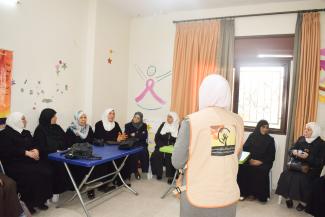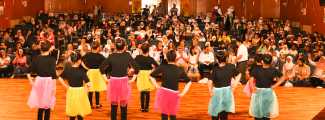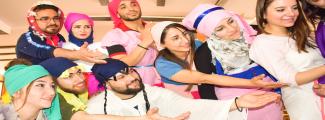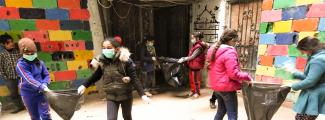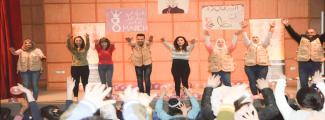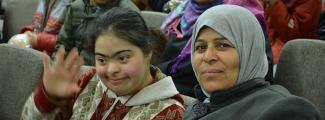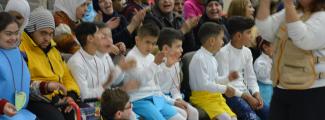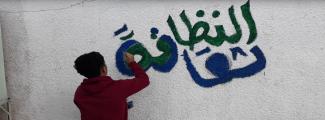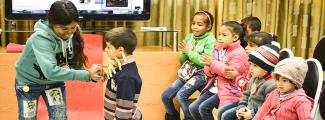A lot has changed between the previous and present Eid.
In order to stay in constant touch with our traditions, there is no better way than to turn to the memory of life represented by our grandparents, who lived to pass the traditions to the next generation, and entrust us on the revival of those lovely rituals and traditions.
Based on this concept, the Syrian Society for Social Development team in Homs held a series of activities and sessions within Old but Gold Program, entitled “With You, Eid is Complete” at the Hekayat Balad Community Center in Homs.
The activities targeted older women age groups in the area. Moreover, the session topics varied between tales and stories about the past and present Eid traditions and customs, to activities aimed at reviving those rites, such as preparing Ma’moul sweets, which is the most popular Eid custom all over the Syrian cities.
The sessions were concluded with a festive activity, in honor and appreciation for the elderly women that participated in the program. The activities and sessions were mainly prepared and implemented by the youth beneficiaries of the center's activities and services. The celebration included video presentations showing several ways of celebrating Eid in different countries around the world, a comedy play presented by the participating youth, as well as many games and entertaining competitions. The event came to an end with Eid songs and offering symbolic presents to the women as a sign of our love, gratitude and appreciation for them.
One of the women expressed her happiness by saying “You reminded us of the good old days when we used to gather in our family home, help each other out in making Eid sweets, stay up all night long with the sound of songs and the smell of the maamul that filled the whole street”.
Another woman added, “We really had a wonderful time, you brought us back our smiles that were stolen by the crisis”.

